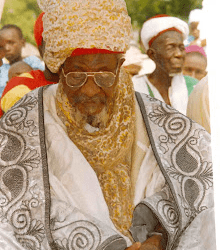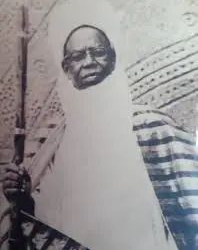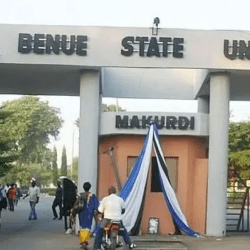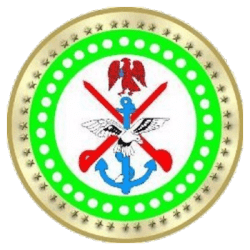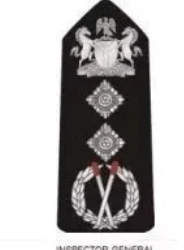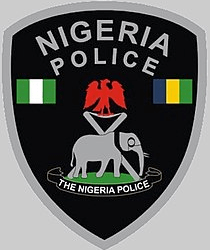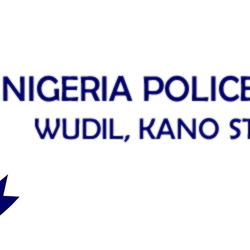Birth and Early Life:
- Born: 1909 in Ribadu, Adamawa Province, Nigeria.
- Parents: Son of Ardo Hamza, District Head of Balala, and Adda Wuro, daughter of Alkali Hamman Joda of Yola.
- Education: Began his education at a Qur’anic school before attending Yola Middle School (1920–1926). While in Yola, he received private tutorship from a colonial officer.
Early Career:
- Worked as a teacher at Yola Middle School after graduation.
- In 1931, became a treasurer for the Yola Native Authority.
- In 1936, following the death of his father, he became the District Head of Balala.
Education Abroad and Political Beginnings:
- In 1946, he studied local government abroad on a British Council scholarship, sparking his interest in politics.
- In 1947, appointed to the Northern House of Assembly; re-elected in 1951.
- Served in the Hugh Foot Committee (1948) on Nigerianisation of civil service posts and was a delegate to the Ibadan Constitutional Review Conference (1950).
Political Career and Leadership:
- 1952: Minister of Natural Resources in the indigenous Council of Ministers.
- 1954: Federal Minister of Land, Mines, and Power.
- Elected Second Vice-President of the Northern People’s Congress (NPC), becoming one of the region’s top three leaders alongside Ahmadu Bello and Tafawa Balewa.
- 1959: Federal Minister of Land and Lagos Affairs.
- 1960: Became Nigeria’s first Minister of Defence upon independence.
Contributions as Minister of Defence:
- Military Expansion:
- Oversaw significant growth in the Nigerian Army, Navy, and the establishment of the Nigerian Air Force.
- Completed the Nigerianisation of the Nigerian Armed Forces.
- Infrastructure Development:
- Renovated and built military barracks nationwide.
- Established the Defence Industries Corporation and the Nigerian Defence Academy in Kaduna.
- Formed the Second Recce Squadron in Abeokuta.
- Leadership Style:
- Known as the “Power of Powers,” he was a highly influential figure, often acting as a de facto deputy Prime Minister in Lagos.
- Maintained significant influence over the Northern Premier, Sir Ahmadu Bello, and had a robust political following in the North.
Death and Legacy:
- Died: 1 May 1965, at age 55, on the day he was to be honored with a Usmamiya Order gold medal in Kaduna.
- Residence: His official home later became part of Dodan Barracks, the seat of Nigerian military leadership (1967–1991).
Historical Importance:
- Ribadu is regarded as one of Nigeria’s most effective Defence Ministers, with a legacy of military modernization and infrastructure development.
- Many believe that his presence could have prevented the January 1966 coup, as he wielded immense authority and influence.
Alhaji Muhammadu Ribadu’s contributions to Nigeria’s defense and governance solidified his reputation as a pivotal figure in Nigeria’s early post-independence history.

